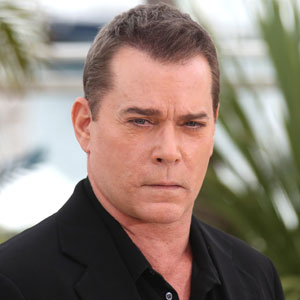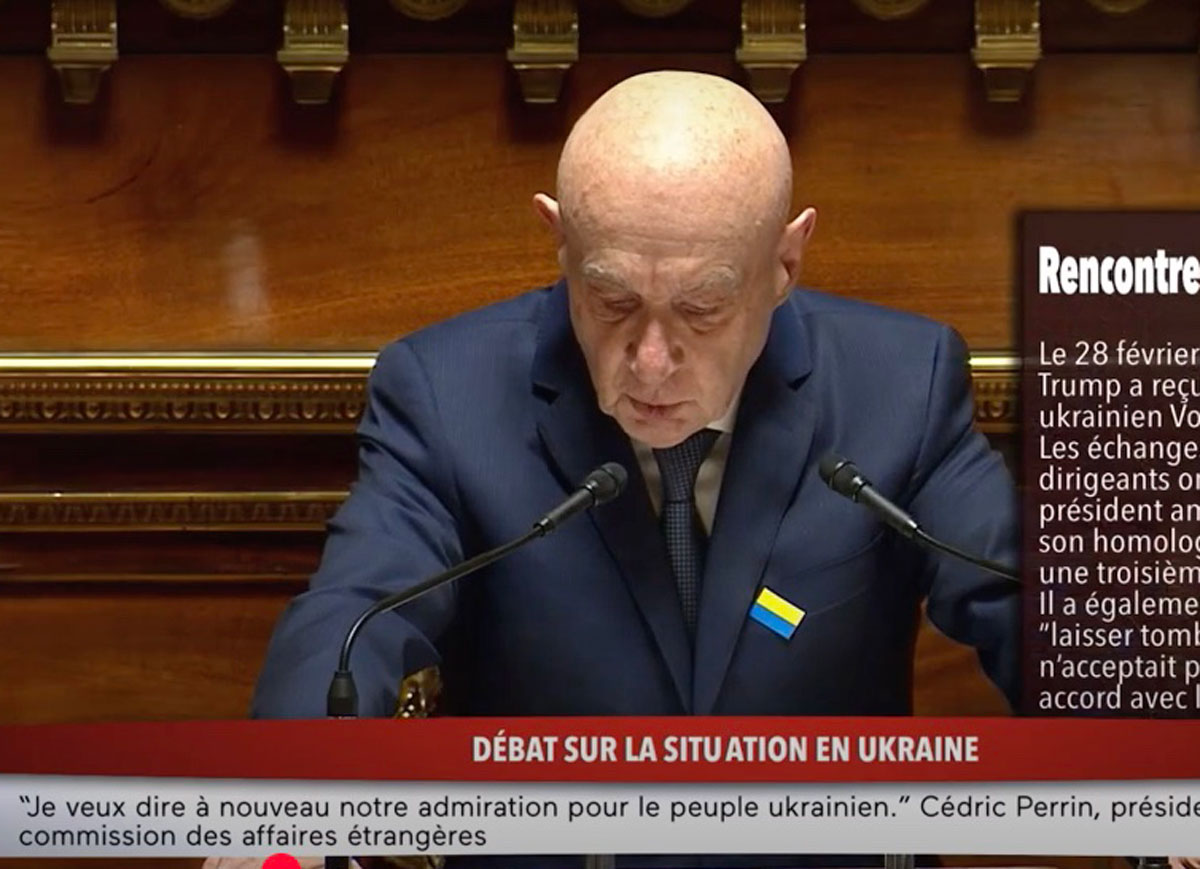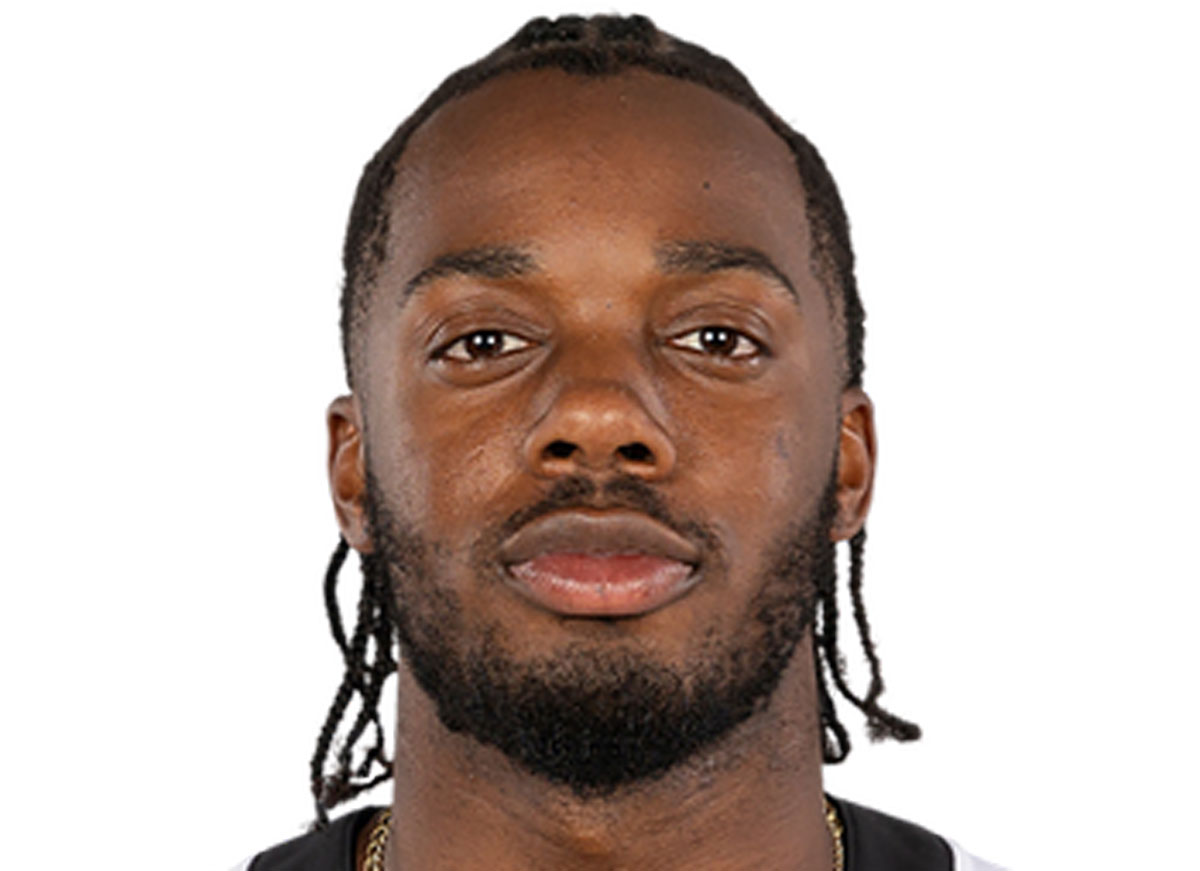Ray Liotta On Brad Pitt, 'Killing Them Softly'
Ray Liotta has been a staple in feature films for the past 30 years. His next major role comes in the highly-anticipated Killing Them Softly, in which he plays Markie Trattman, a shady figure who runs a high-stakes gambling scene. Killing Them Softly also stars Brad Pitt, James Gandolfini and Sam Shepherd. It has been widely praised by critics and was in the competition for the Palm d'Or at the 2012 Cannes Film Festival, where he spoke to Uinterview about the role.
Liotta, 57, was born in Newark, N.J., and adopted by Alfred and Mary Liotta. He attended Union High School in Union, N.J., and upon graduation he studied acting at the University of Miami. Liotta’s career kicked off when he landed the role of Joey Perrini on the soap opera Another World, and a few years later, he struck gold with a string of popular films, beginning with 1986’s Something Wild, in which he played Ray Sinclair, an ex-convict, alongside Jeff Daniels and Melanie Griffith. Liotta followed up his a Golden Globe-nominated performance shortly thereafter with the role of Shoeless Joe Jackson in the critically and commercially successful Field of Dreams, which also starred Kevin Costner. Although perhaps Liotta’s most famous role came next, when he played the mobster Henry Hill in Martin Scorsese’s 1990 film Goodfellas alongside Robert Deniro and Joe Pesci. Since that time Liotta has built a reputation as both a lead and character actor, appearing in the films Heartbreakers, Narc, John Q and Smokin’ Aces, to name just a few.
In Killing Them Softly, Liotta is on the receiving end of many beatings. "I kind of liked the beating scene," he told Uinterview exclusively. "Just because of what I had to do and I think I pulled it off because it’s really brutal. It’s really violent and ugly and harsh and talk about using your imagination because they never touched me, 90 percent of the time they’re a foot or two away from me, so it was more pulling that off in a believable manner."
He can next be seen in the upcoming film The Iceman, in which he plays crime lord Roy DeMeo.
| Get Uinterview's FREE iPhone App To Record Celebrity Video Questions + Get Daily News Updates here!
| Get Uinterview's FREE iPad App and watch our videos anywhere!
Usually I’m the guy running around beating people up and this time it happened to me. So it’s different in that sense. I guess I’m just a guy who watches over a card game. Pretty much everyone else are murderers. Brad’s [Pitt] a hit man, [James] Gandolfini’s a hit man. The other two, I’m sure if they weren’t beating people up, they were killing people. So in that sense it was different.
I didn’t. First of all, that was added on at the end, I’m not even sure it was on the script ‘cause most of it you’re hearing while other things are going on. You know I just got to fulfill what my demands are for this particular character and do what they want me to do, so I really didn’t pay attention to that. It’s interesting to hear everybody’s reaction to it, but to me, this story could have happened in the Ronald Reagan 80s when things were going big guns. It was just more a story about some bad guys who did bad things. It could have happened at any time in history.
You never know what’s going to happen. Goodfellas took place in a specific time, the 70s and 80s, actually touched on the 50s and 60s, and that lives on. I’m not sure if that’s going to make a difference. What’s going to keep it around is if people find it compelling and interesting.
No, they had me in some device that made the car zip around. It was a device that made the car go around in circles, one that made it stop. There were about four or five different setups, I don’t think they used a green screen.
No the glass was real. Someone was in the backseat and in the front throwing glass. Old school.
No, again it was happening to me. When I’ve been the instigator, that’s made me uncomfortable. That really has left me uncomfortable at times. This time it was uncomfortable just from being tired. It’s a whole different imagination you have to use when you’re getting hit, because the guy’s throwing the punch, that’s one thing, but to sell it, and to sell the brutality and how that must be feeling, that was a little more challenging than just throwing the punch. Receiving it was a different thing.
I kind of liked the beating scene. Just because of what I had to do and I think I pulled it off because it’s really brutal. It’s really violent and ugly and harsh and talk about using your imagination because they never touched me, 90 percent of the time they’re a foot or two away from me, so it was more pulling that off in a believable manner.
Well he didn’t throw me through the window, the other guy did. But yeah, he was the instigator of it, that’s true. [laughs]
That, and just to be in something that people would see – I’ve definitely had an up-and-down career so getting something like this and the next four or five movies I have, I’m just working with people who I admire and happy to be in their company. But it was a chance to work with Andrew [Dominik], I had met him before I’d seen a lot of his work and I dug it. I like the fact that Brad [Pitt] and Dede [Gardner] were the producers of it, and they’re serious about making good movies.
No, I’ve always looked at it that way. The most important thing more than anything is the script and usually if there’s a good script, there’s somebody behind it who makes it that way, so in that sense it’s something that I look for, and the people that are involved. You’re always trying to do that. It’s just sometimes you’re lucky and sometimes you’re not. Sometimes, it’s got a good ingredient and doesn’t work. You never know.
No [Laughing]. It’s beyond your control. Paramount bought it and for some crazy reason, they went with the day that Gangs of New York opened. Even if it was horrible, that movie, and say what you will about it, there was a lot of press that was going to be shown that movie. To go against that, I just thought that was the distributor’s fault. I thought they were too cocky.
Get the most-revealing celebrity conversations with the uInterview podcast!






Leave a comment